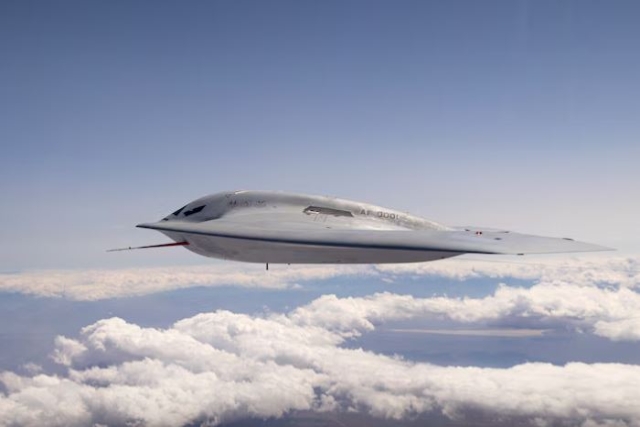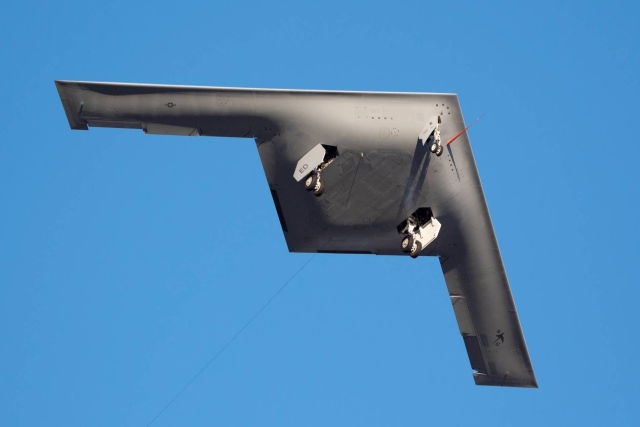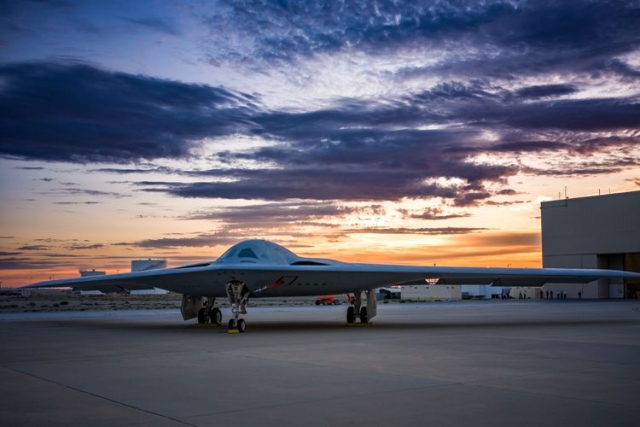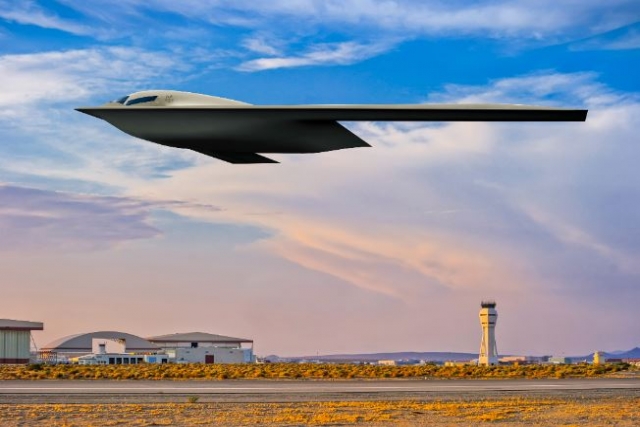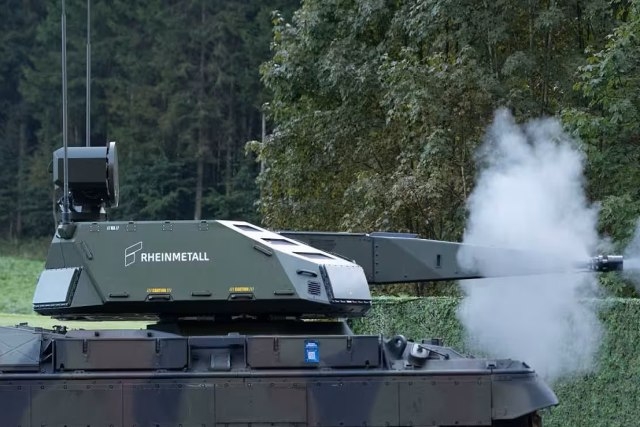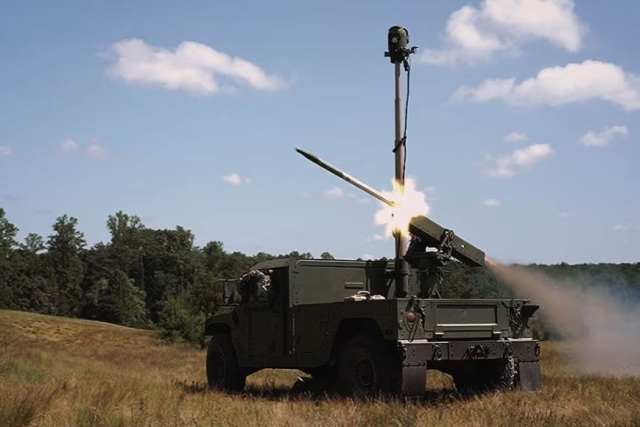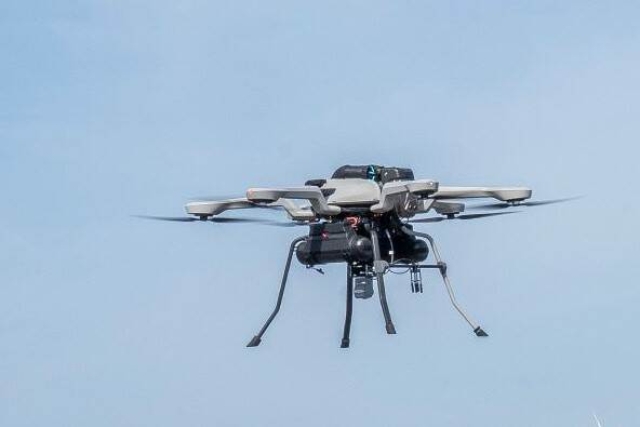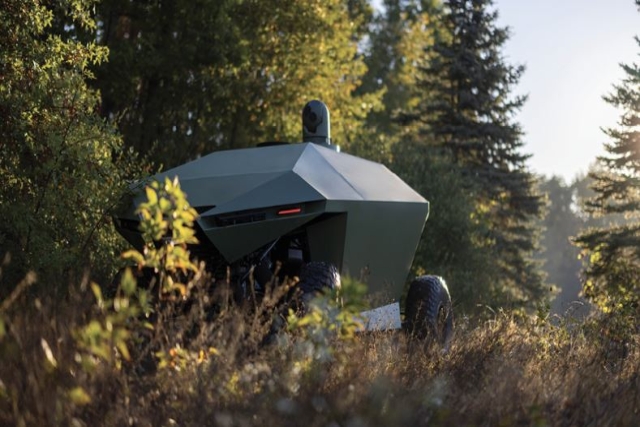Second B-21 Raider Stealth Bomber Completes First Flight
New aircraft joins testing campaign at Edwards Air Force Base
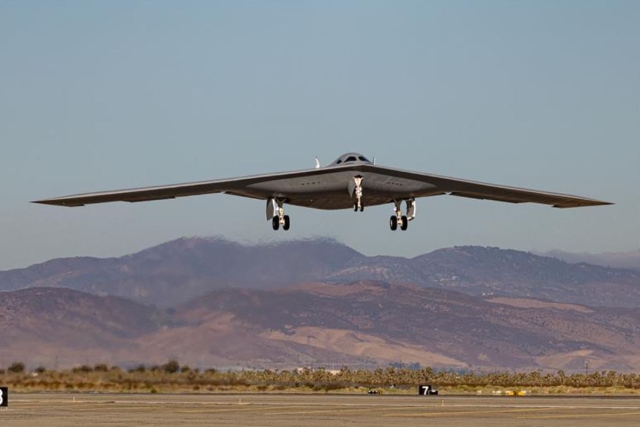
The second American B-21 Raider stealth bomber has made its initial flight, taking off from Air Force Plant 42 in Palmdale, California, on September 11, and landing at Edwards Air Force Base.
The flight was made with a U.S. Air Force F-16 serving as a chase plane to provide performance monitoring.
The new bomber, the T-2, will now be added to the initial flying prototype, T-1, that has been undergoing tests since November 2023. Both planes will complement the U.S. Air Force's flight test campaign, whereas two other Raiders, G-1 and G-2, continue working on ground testing.
Air Force Secretary Troy Meink said, "With two B-21s flying, our test campaign picks up speed. We're moving ahead with mission system and weapons testing to make sure this airplane provides the strategic deterrence and combat capability for the U.S. Air Force."
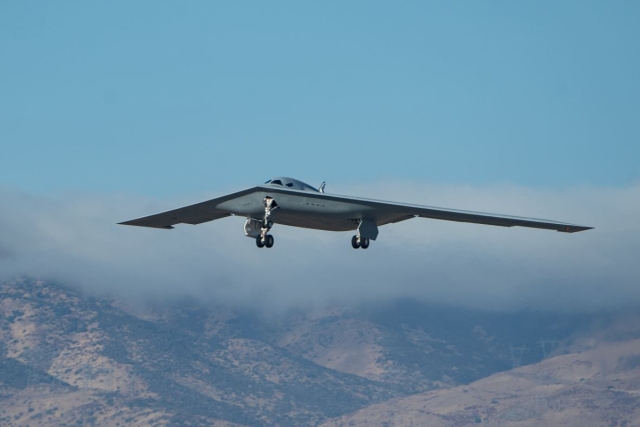
Prime contractor Northrop Grumman verified the Raider's new software package will enable hassle-free upgrades across the fleet. The company is also creating training systems, including simulators and immersive labs, for future crews at Ellsworth Air Force Base in South Dakota.
In contrast to the initial flight test aircraft, the second B-21 did not have the trailing cone and air data probe normally deployed in prototype testing, indicating that data from T-1 has diminished the requirement for extra baseline measurements.
The B-21 Raider is the first new American bomber in over 3 decades. Intended to be able to carry conventional and nuclear munitions, it will replace the B-1B Lancer and B-2 Spirit and work alongside the modernized B-52J Stratofortress. The U.S. Air Force purchased 100 Raiders and has six under different production stages.
The Raider's flying-wing configuration is based on the B-2 Spirit with improved engine inlets, cockpit shape, and materials to minimize radar cross-section and maintenance requirements. The platform also has open-systems architecture to accommodate future sensors and armaments.
